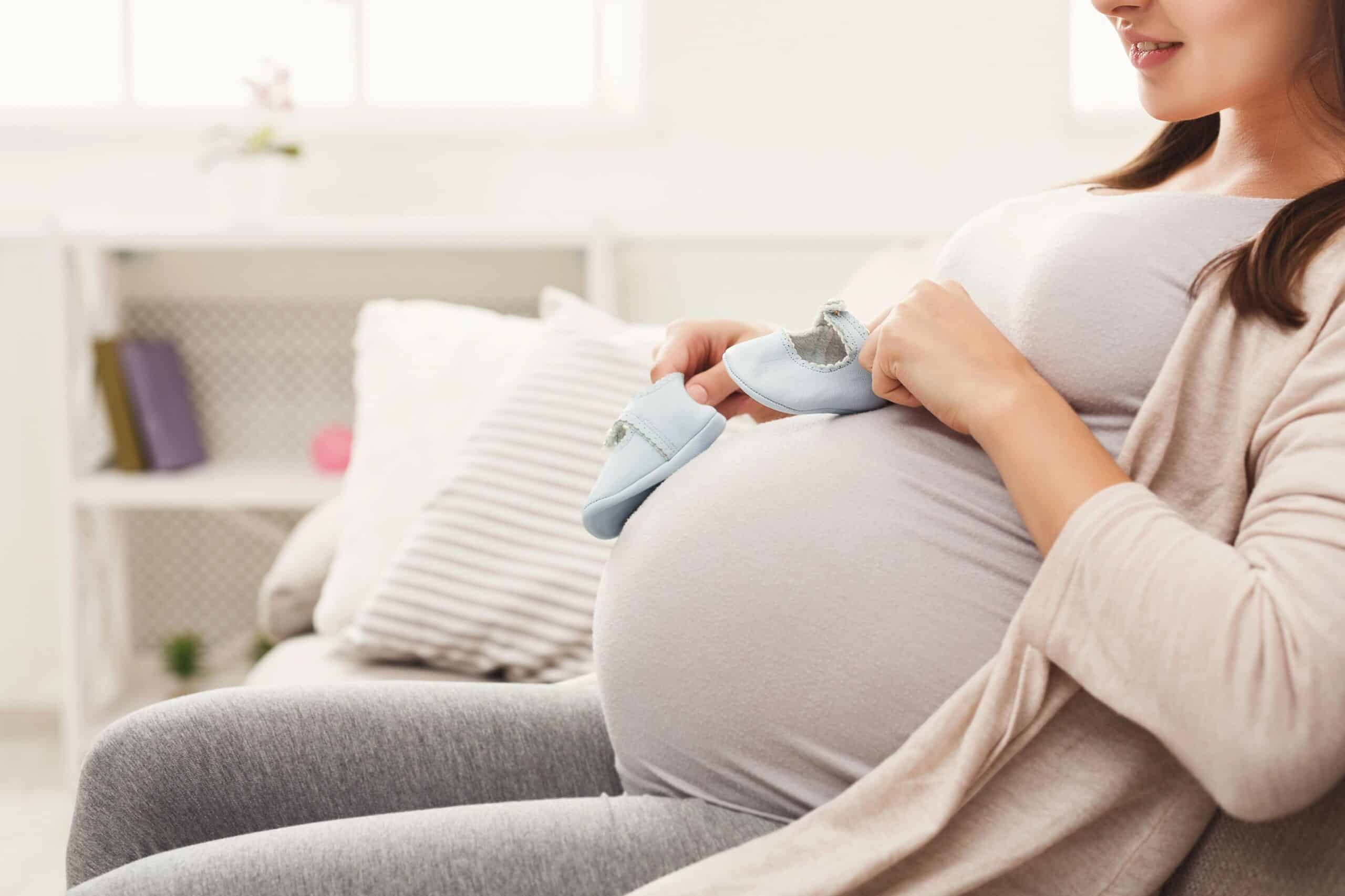Previously, institutions responsible for the care of children may have escaped liability for the effects of abuse on the vulnerable child they were meant to care for. It has long been recognised that organisations are responsible for the actions of their employees. This is known as vicarious liability. However, responsibility through vicarious liability did not extend to contractors or even clerics, who do not have the status of employee, unless it could be shown that the institution had prior knowledge. Seeking damages from those other than employees proved problematic for the victim, as they may have passed away, or have insufficient resources to pay any award or judgement.
Thankfully, on 26 September 2018, NSW Parliament tabled new legislation called the Civil Liability Amendment (Organisational Child Abuse Liability) Bill (“the Bill”) to effectively extend vicarious liability in relation to child abuse to those who are defined as “akin to an employer”.
The Bill provides an individual is “akin to an employee of an organisation if the individual carries out activities as an integral part of the activities carried on by the organisation and does so for the benefit of the organisation.”
The Attorney-General’s Second Reading Speech provided some examples including “In faith‑based organisations…members of the clergy or similar…in all organisations … volunteers or contractors, who are often involved in the child services sector.”
A specific exclusion set out in the Bill is where an individual’s “activities are carried out for a recognisably independent business of the individual or of another person or organisation”. It may not be an easy task determining which contractors are engaged in their own “recognisably independent business” and which are not.
Further, the Bill specifies that an employer will be vicariously liable if the individual’s role within the organisation provided the opportunity for the perpetration of child abuse and the individual takes advantage of that opportunity to perpetrate the abuse, especially where the individuals role involves authority, power or control over the child, or has the trust of the child or the ability to achieve intimacy with the child.
The Bill was assented to on 26 October 2018. It will become legislation when the minister places an announcement in the Government Gazette. We eagerly await this announcement and the subsequent widening of vicarious liability in relation to child abuse as it will provide victims of child abuse with the ability to seek remedies from the organisation rather than being limited to a remedy against the individual which is fraught with difficulties.










